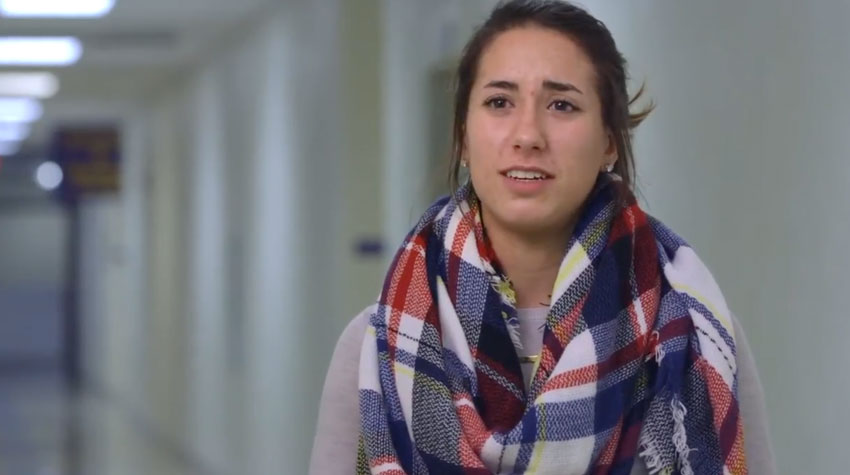Special Education
Overview
The special education program integrates dynamic coursework with hands-on experience to prepare candidates for the Learning Behavior Specialist (LBSI) Professional Educator License. This license allows you to work with students in kindergarten-age 22 who have learning, emotional or intellectual disabilities; orthopedic impairments; autism spectrum disorder; traumatic brain injuries; multiple disabilities; and other health impairments.
The special education program:
- Provides Council for the Accreditation of Educator Preparation-approved programs for licensure as an LBS I
- Offers courses required for early childhood special education approval
- Is rated as Exemplary by the Illinois State Board of Education
What can I do with a degree in special education?
Graduates are licensed to work with individuals of diverse ages and disabilities in both public and private settings. The growing need for special educators nationwide is anticipated to continue in the years to come and special education teachers are in critical demand in Illinois.
Diversity Statement
SIUE’s teacher education programs foster teacher candidates’ ability to understand and meet professional responsibilities by modeling respect and value for diversity. Candidates create and engage their students in practices that develop awareness, understanding, respect and a valuing of the forms of diversity that exist in society and their importance in learning and teaching. The School of Education, Health and Human Behavior teacher education programs are dedicated to supporting all teacher education candidates, regardless of their economic or social status, and advocates for the rights of students free from discrimination based on race, color, ethnic origin, national origin, creed, religion, political belief, sex, sexual orientation, gender identification, ability or age.
Professional Credential Disclosure
This program is intended to prepare students for licensure/certification meeting educational requirements established by regulatory boards in the state of Illinois. Licensure/certification requirements can vary by state. If you intend to practice or teach inside or outside the state of Illinois, please visit our professional licensure webpage.
Hands-on Learning/Clinical Experiences
Hands-on Learning
Classroom learning addresses effective evidence-based interventions for students who require special education supports. Coursework is enhanced by a variety of hands-on experiences:
- In-class activities
- Virtual Professional Practice Lab simulations
- Interactive video activities
- Case studies
- School-based projects
- Undergraduate research
- Service-learning projects
Our programs also make extensive use of field-based partnerships through field trips, practica and student teaching. Students are placed in a variety of diverse field experiences that allow them to interact with children and learn through real-world application.
Clinical Experiences
Candidates progress through a series of developmentally sequenced field experiences for the full range of ages, types and levels of abilities, and collaborative opportunities that are appropriate to the learning behavior specialist. These experiences are supervised by qualified professionals. Experiences must be completed prior to student teaching and are arranged through the School of Education, Health and Human Behavior Student Services.
Faculty
View current faculty.
















